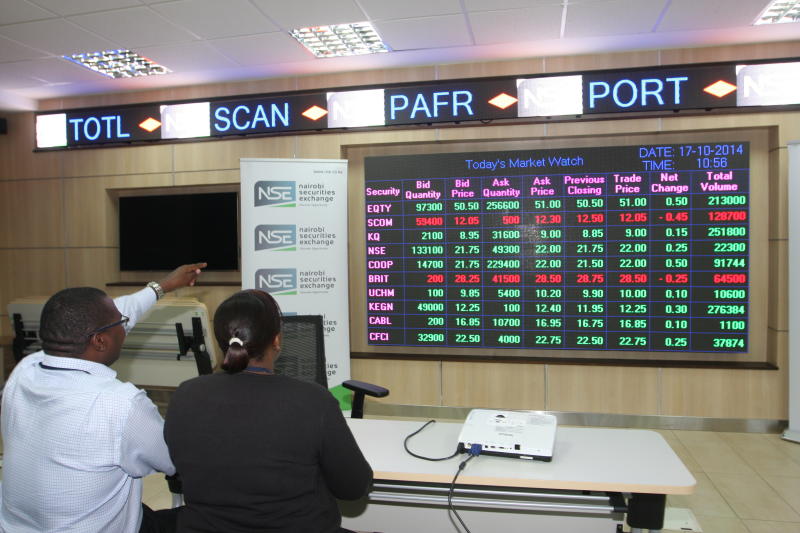×
The Standard e-Paper
Fearless, Trusted News

On March 29, the board of Kestrel Capital called a crisis meeting after its chairman Charles Field Marsham and CEO Andre DeSimone were sucked into the tempest of insider trading of 56 million KenolKobil shares.
The deals were estimated to be worth a staggering Sh853 million.